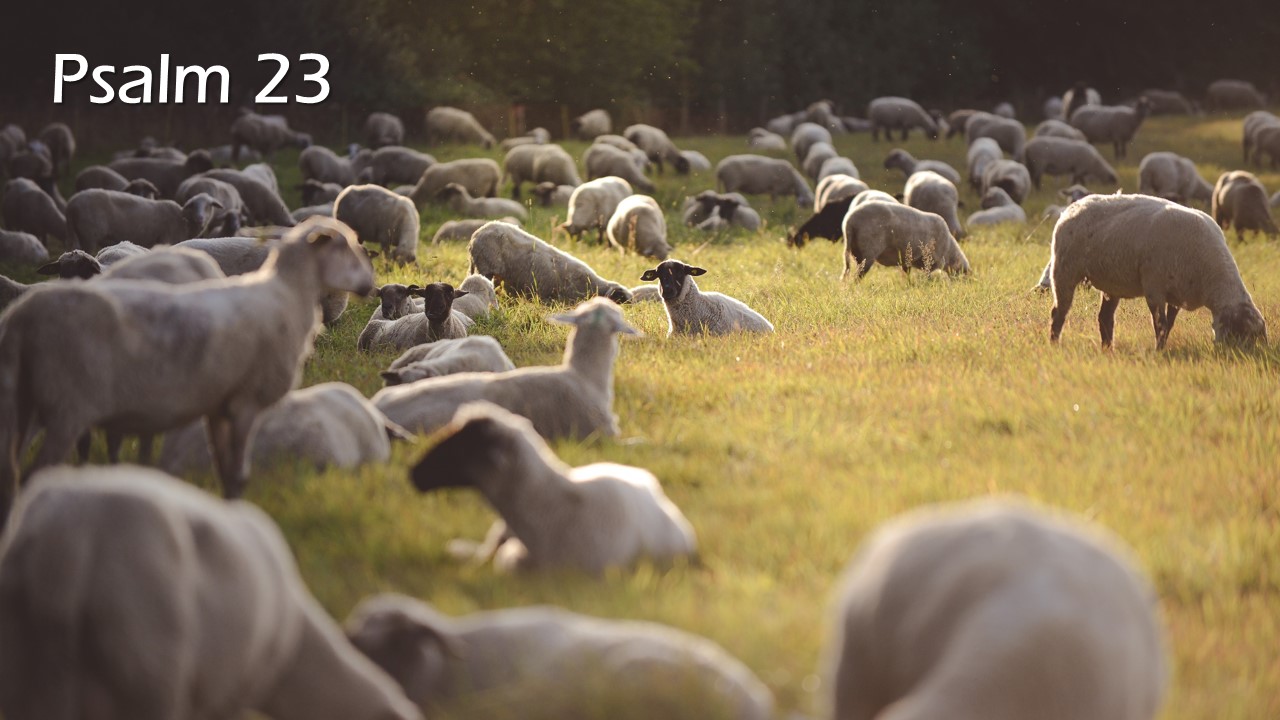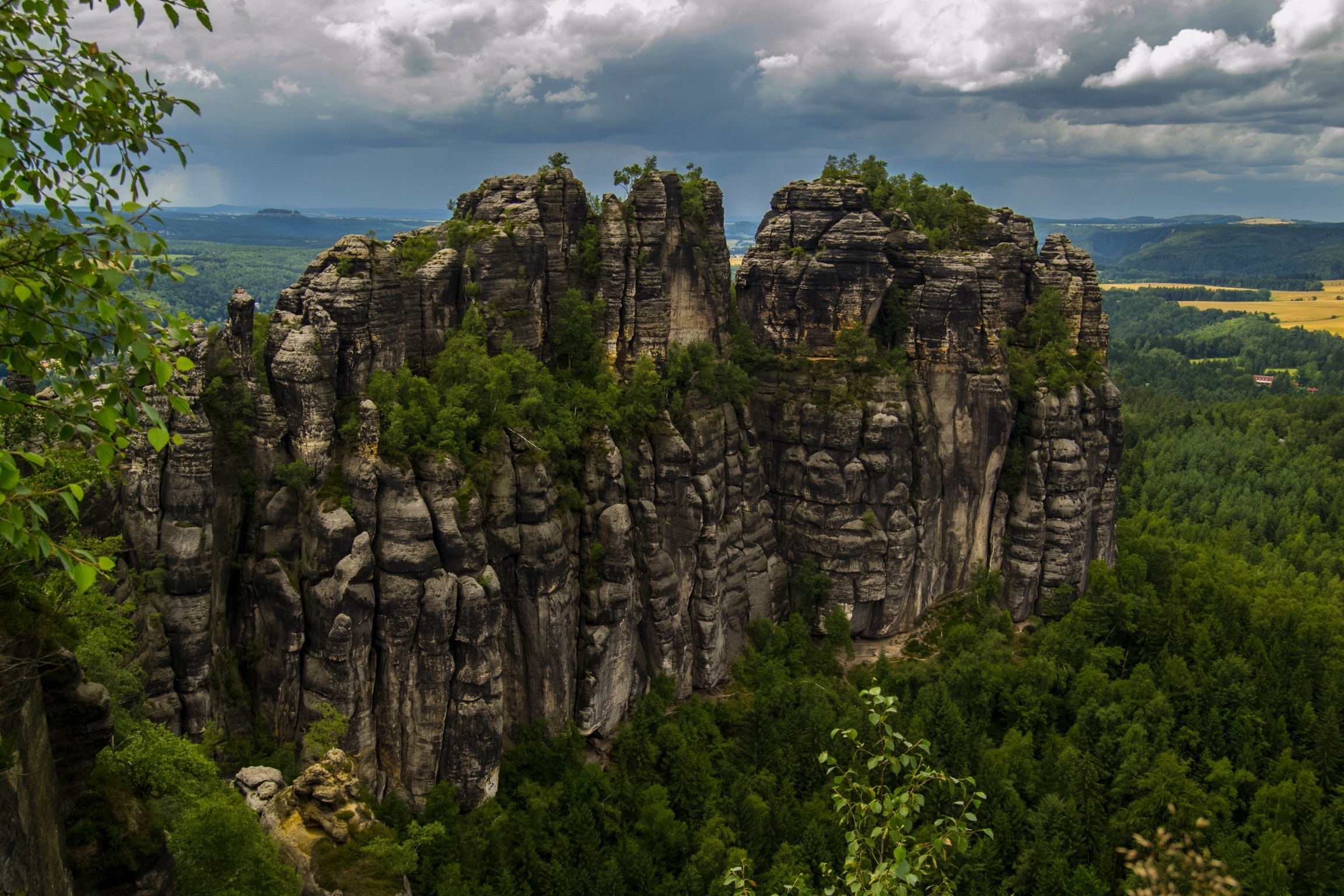Who do you turn to when you need help? Psalm 121 begins by asking this same question.
I will lift up my eyes to the hills—
From whence comes my help?
My help comes from the Lord,
Who made heaven and earth.
Psalm 121:1-2 (NKJV)
In the ancient Near East, high places such as hills and mountains were associated with the gods. So looking to hills, or high places could suggest looking to the gods for help.
In our day, people look to all kinds of “hills” for help. These are things we turn to instead of God. And one of the first things we look to, is ourselves. We think we just need to try harder, or be better. Or we look for tips and strategies to prop things up. At best these may provide good advice. But at worst, they give false hope or could ultimately lead us down a wrong path.
Our Helper
The psalmist declares there is One who is over the hills and every other created thing – He is the “maker of heaven and earth.” He is where our help comes from. Reliance on ourselves or any other created thing, means we are seeking help from a wrong direction.
In fact, the “Helper” is the name Jesus uses in speaking of the Holy Spirit, who would complete the work He began. The word “helper” (parakletos) literally means “called to one’s aid.” Here’s what Jesus said:
And I will pray the Father, and He will give you another Helper, that He may abide with you forever— the Spirit of truth, whom the world cannot receive, because it neither sees Him nor knows Him; but you know Him, for He dwells with you and will be in you.
John 14:16-17 (NKJV)
Notice how close our Helper, the Holy Spirit, is. He abides. We know Him, because he dwells in us. And He is God – so why would we look for help anywhere else?
Our Keeper
Not only is the Lord our helper – He is also our keeper. The psalmist declares that God didn’t just make the heavens and the earth, but He continues to actively watch and care for all He has created. The word “keep,” which means “to exercise great care over,” is found six times in the rest of the psalm.
Notice how careful and attentive God’s keeping is. He will not allow us to stand on shaky ground. He watches over us both day and night – because he does not sleep. He provides a shadow of defense and protection.
He will not allow your foot to be moved;
He who keeps you will not slumber.
Behold, He who keeps Israel
Shall neither slumber nor sleep.
The Lord is your keeper;
The Lord is your shade at your right hand.
The sun shall not strike you by day,
Nor the moon by night.
Psalm 121:3-6 (NKJV)
What’s interesting is that the pagan nations also considered the sun and moon as gods. So not only does the psalmist direct his readers to look to anything less than Creator God for help, he is also saying that God has absolute power to protect from any spiritual force (ie. sun and moon) that would try and rise up to attack His people.
The psalm goes on to say that God keeps our whole being from everything that is opposite to His goodness (translated as “evil”), wherever we go, for all time. Wow!
The Lord shall preserve [keep] you from all evil;
He shall preserve your soul.
The Lord shall preserve [keep] your going out and your coming in
From this time forth, and even forevermore.
Psalm 121:7-8 (NKJV)
God’s closeness
God’s help and care is absolutely assured. However, God’s keeping does not mean that we won’t face suffering. Often God does not “keep” us in the way we expect, or in the way we might want Him to.
Instead, the message of Psalm 121 is that no matter what we face, God is close. He will, in fact, always keep us, even in times of hardship and difficulty. He is always with us. It’s our incorrect definitions of “help” and “keeping” and our inaccurate expectations, that sometimes need to change.
So be assured that God is absolutely true and absolutely faithful, all the time. And He is far closer than we often realise.




